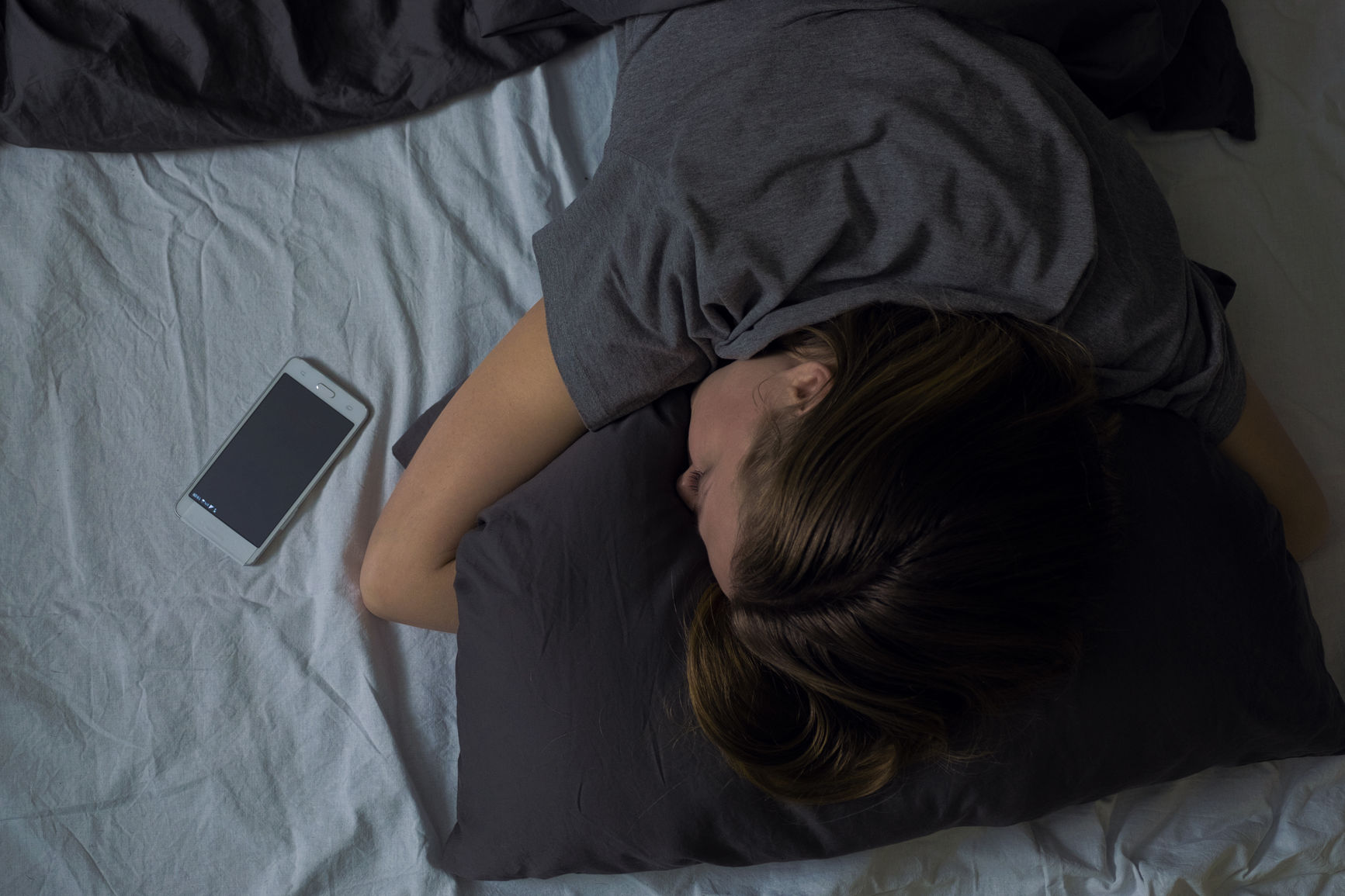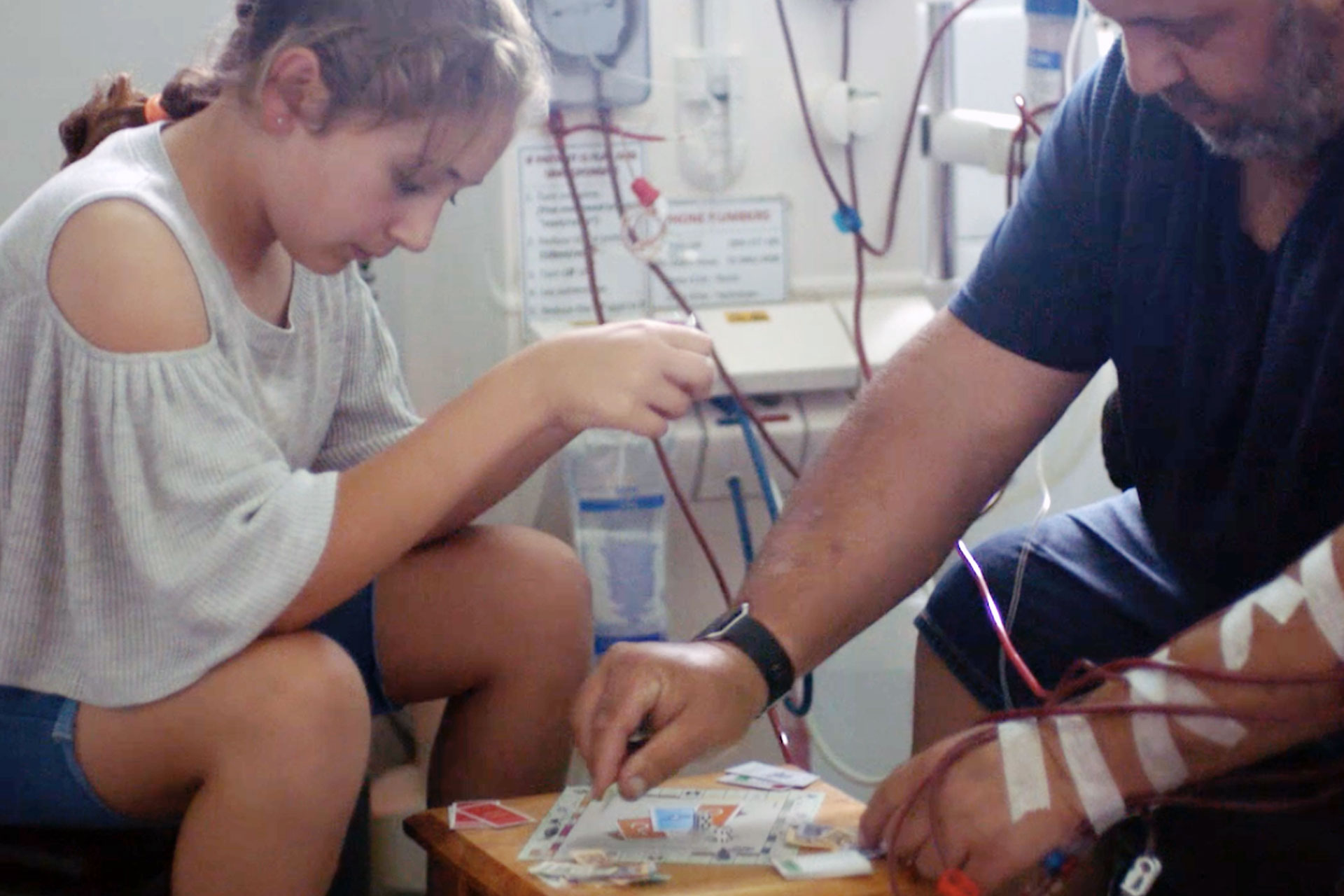-
If you’re a millenial, you may think you belong to a golden age of dating. It’s easier than ever; you can literally sit in your pjs with a face mask on and meet your next potential love interest without even leaving your house -- let alone your couch.
And yet, you’ll be surprised to learn that your millennial peers are having less sex than previous generations. How do we make sense of these trends and what they might suggest for one’s overall health; are we getting a little too chilled when we switch Netflix on?
Let’s set the scene: are millennials really the ‘hook-up generation’?
As it turns out, it’s hard to find intimacy in a world where contact is often mediated by a screen. According to a U.S. study published in Archives of Sexual Behaviour, millennials are having sex less frequently than their older counterparts from Generation X and the Baby Boom, spanning both sexes and a range of work statuses. According to the study, 20-somethings only have sex around 80 times per year, or 1.5 times a week on average. This finding also echoes prior studies from the UK, which found a decline in the frequency of sex among adults since the 1990s.
MORE: Does falling in love actually make you crazy? Read more about the science of falling in love
What’s behind the trend?
This research seems to contradict the widespread stereotype of millennials as the ‘hookup generation’ with casual sex seemingly available at the swipe of a thumb. So why aren’t millennials taking advantage of their expanded pool of potential partners?
Research results suggest a few different reasons. Despite the fact it may be easier to find a date, there is an increasing number of young people without a steady partner. There also appears to be a decline in sexual frequency among those with partners.
More: How to tell someone you have an STI
The health benefits of sex; are millennials missing out?
While it’s important to be mindful of health risks in the bedroom -- ranging from STIs to unplanned pregnancy -- it’s worth knowing that an active sex life also has its health benefits.
Some studies suggest that those who have more sex are happier, that sex has a role in allaying stress (just like some comfort food at the end of a really long day), and if that wasn’t enough to convince you, sex is excellent exercise -- burning around 85 calories per session.
All that being said, it’s important to recognise you will be perfectly fine if you’re not having sex. Don’t fret if your lingerie hasn’t seen the light of day in a long time; there’s certainly zero benefit in jumping into bed and having unpleasant sex simply for the sake it.
Governments and universities are stepping in
If you think people’s sex lives (or lack thereof) are entirely their own business, then you would be wrong. At least according to some governments and media outlets around the world.
It’s been reported that Sweden has called for a study (due to be released in 2019) into declining sexual satisfaction, and in America, universities have started teaching classes where the assignments are to organise and go on dates. Closer to home, Japan has multiple programs to combat the sekkusu shinai shokogun, also known as “celibacy syndrome,” to address Japan’s low birth rates.
Is there anything you can do to improve your sex life?
There is no shortage of advice on this topic - whether it’s coming from the internet, your friends or in the form of dating advice from your parents. Some tips that can have a positive influence on the quality and frequency of sex include being more verbally communicative about what you like with your partner or masturbating more often on your own.
But remember, whether you’re having lots of sex, or only having it once in a blue moon, the most important thing is you’re happy and comfortable with your sexual partner (or partners), and you look after your health by practicing safe sex.
Do you want to learn more about sexual health, and the main health issues impacting young Aussies? Read more from Medibank's Adulting campaign.
Why are millennials having less sex?

-
Innovating for members living with chronic disease
Medibank is supporting our members living with chronic diseases such as heart disease, arthritis, and diabetes, through our CareComplete programs.
-
Medibank’s palliative care at home trial
Giving our customers choice in where they would like to receive their end-of-life care can provide dignity, privacy and help them retain control over the care they receive.
-
How your phone habits affect your sleep
And what it means for your mental health, hormones and more.
-
Medibank trialling haemodialysis at home
Giving members with chronic kidney disease more choice
-
The origins of western and eastern medicine
Two schools of thought explained
-
Almost half of hospital patients are looking for more support
Find out how Medibank is helping.
Subscribe to receive the best from Live Better every week. Healthy recipes, exercise tips and activities, offers and promotions – everything to help you eat, move and feel better.
By clicking sign up I understand and agree to Medibank's privacy policy






